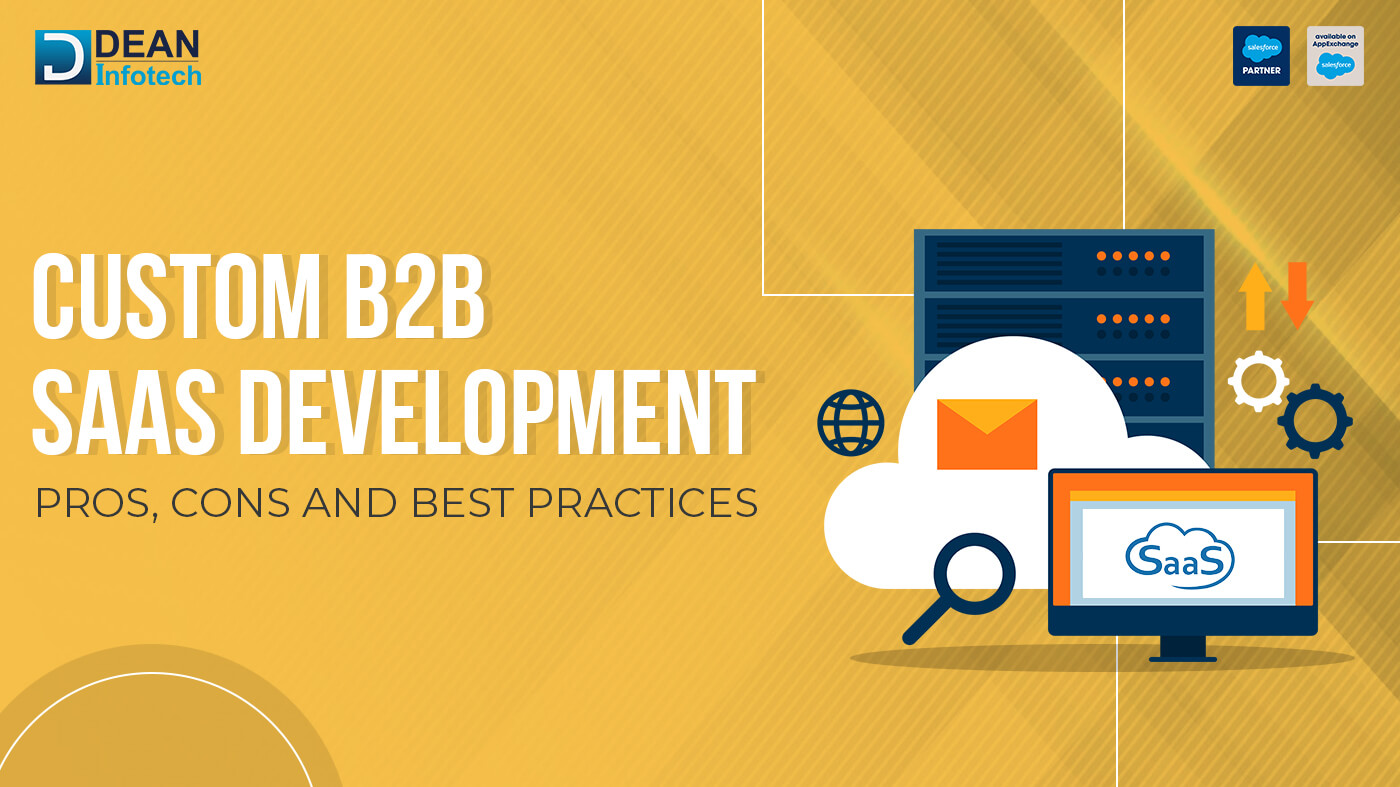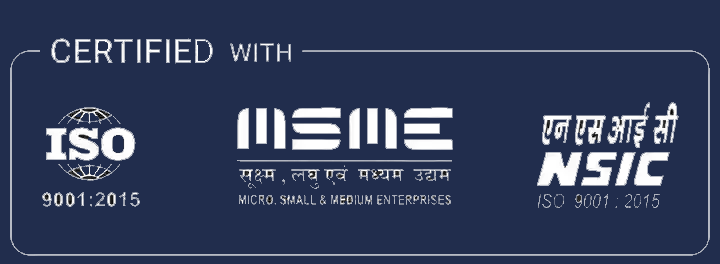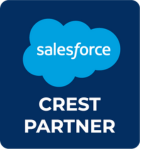Custom B2B SaaS Development: Pros, Cons, And Best Practices
 Ankit Agarwal Thursday, May 30, 2024
Ankit Agarwal Thursday, May 30, 2024
SaaS development has emerged as the custom cloud-based business solution in the B2B industry in today’s time. It has become a necessity for the B2B industry to manage all the work processes effectively so that operational goals can be achieved, and this is where a custom B2B SaaS development can help a lot.
It can offer tailored software development services with cloud-based applications to businesses, which helps to manage and operate different business tasks and processes effectively so that organizational goals can be achieved.
The potential of a custom B2B SaaS development service is surely going to have a bright future as it uses the power of AI and machine learning integration to offer top-notch cloud-based business solutions. There is much more to know about custom B2B SaaS development, which can bring revolutionary changes to the industry.
Growing Trends Of Custom B2B SaaS Development In 2024
Custom SaaS development is completely transforming the B2B industry and helping to meet their specific needs. It is rising as the best innovative technology that offers cloud-based business solutions. Some of the most common trends of custom software development include:
1. Artificial Intelligence in Custom SaaS Development
Artificial intelligence has transformed most of the industry and enables businesses to automate their operations effectively. Now, artificial intelligence is being used in the development of the B2B SaaS, which will increase business potential in so many ways.
Custom B2B SaaS development with artificial intelligence offers top ways to automate business processes, gathering and offering relevant data to the users. It removes the employee involvement in repetitive operations by automating them.
2. Data Privacy and Security
Data privacy and security is an integral part of custom software development. The privacy of the data and its protection from misusage are the top priorities for both the provider and the user. Custom SaaS developers use top data privacy and security measures to protect the crucial info hackers who are continuously targeting these cloud-based systems.
These security measures include data center security, regulatory compliances, privacy-enhancing technologies, and DevOps security as well. These measures strengthen the custom B2B SaaS development process.
3. Personalization and Customization
Personalization and customization are among the top custom SaaS development trends. Custom software development has benefited from personalization and customization. It uses user data, artificial intelligence, user interaction, and machine learning to offer personalized and customized B2B SaaS products to clients. It also boosts user engagement and fosters strong customer relations, loyalty, and productivity.
4. Seamless Integration
Integration is also a popular trend in B2B SaaS solutions. Integration is an important part of the business process, enabling users to smooth data flow and establish strong connections with other platforms. Custom B2B solutions help businesses to integrate with existing complex systems easily. It ensures that businesses and users experience effortless data flow across all the systems.
Pros and Cons of Custom B2B SaaS Development
Custom SaaS development has changed the B2B industry in many ways, from offering automated processes to seamless integration of complex systems. Exploring SaaS pros and cons is also necessary for a better understanding of its capabilities and drawbacks.
Pros:
Personalized Solutions: Custom SaaS development offers personalized and tailored solutions to the business as per their requirement.
High Scalability: Custom SaaS Development is designed while focusing on scalability. It grows with your business operations while adopting sudden business changes.
Competitive Advantage: It also offers competitive advantages as you can create a difference between you and your competitor, who depends upon off-the-shelf solutions.
Cons:
Higher Costs: Custom SaaS development costs more than off-the-shelf solutions. You need a huge budget for SaaS development as it goes through a highly technical process.
Longer Development Time: The development process of a custom SaaS solution takes a long time to complete. Developers take time to design and create a SaaS solution that effectively aligns with your business requirements.
Performance Tracking: It is necessary to maintain and track the performance of the custom SaaS solution after the development process. You may face issues if you don’t maintain the SaaS solution effectively.
Practices for Successful Custom B2B SaaS Development
1. Leverage low-code or No no-code platforms
Businesses can use low-code or no-code platforms to simplify the custom SaaS development process. It enables businesses to use B2B SaaS solutions that are quickly tailored to specific business needs. A low-code platform is the future of business application development. CRM is the best example of low-code platform usage.
2. Adopt Micro-service Technologies
Businesses can use micro-service technologies as SaaS development practices to develop a software service that fulfills business needs. It enables businesses to break an application into small and manageable chunks. You can easily develop software quickly while focusing and managing these small chunks.
3. Use of Open-source Components
Open-source components are one of the best custom software service development practices that help businesses reduce custom SaaS development costs. Businesses can improve the SaaS development period while reducing the overall production cost. WordPress is the top example that has developed while using open-source components.
4. Automated Business Process
Automating the SaaS development process is also one of the top custom software development service processes that boost the production process. It removes employee involvement by automating repetitive tasks, which also reduces time and effort. Businesses can automate the custom SaaS development testing and deployment to improve the production process.
Conclusion
Custom SaaS development has become a requirement of today's business process. It enables businesses to develop a custom software service that can satisfy their business requirements. The development of the SaaS service offers personalized and customized experiences, scalable design, and seamless integration, which help businesses differentiate themselves from their competitors.








Comment